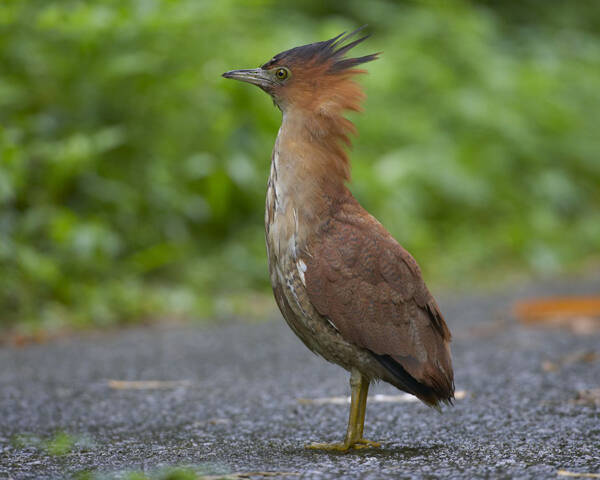
Gorsachius melanolophus
Gorsachius melanolophus,Malayan Night-heron,Black-crowned egret, Black-crowned bittern
The black-crowned bittern, commonly known as the black-crowned bittern, live···
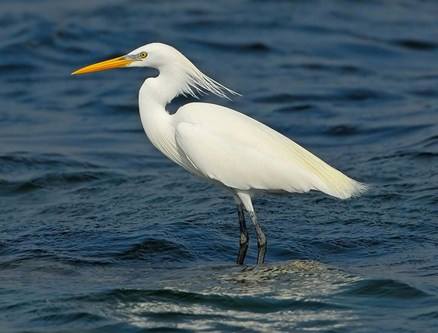
Egretta eulophotes
Egretta eulophotes,Chinese Egret,White cocoon, Shiraoi
The Chinese Egret is a medium-sized wading bird with no subspecies.The Chine···
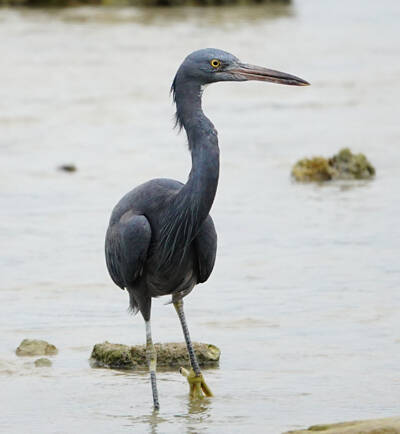
Egretta sacra
Egretta sacra,Pacific Reef-egret,Pacific Reef Heron, Eastern Reef Egret
Pacific Reef-egret is a medium-sized wading bird with two subspecies.Pacific···
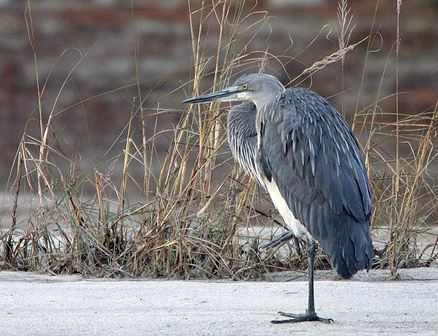
Ardea insignis
Ardea insignis,White-bellied Heron,Imperial Heron
White-bellied Heron is a large migratory wading bird with no subspecies.Whit···
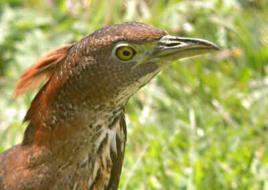
Gorsachius goisagi
Gorsachius goisagi,Japanese Night-heron,Chestnut-headed Night Bittern, Chestnut-headed Tiger Bittern, Heron
The Japanese Night-heron is a migratory bird that breeds in Japan. Except fo···
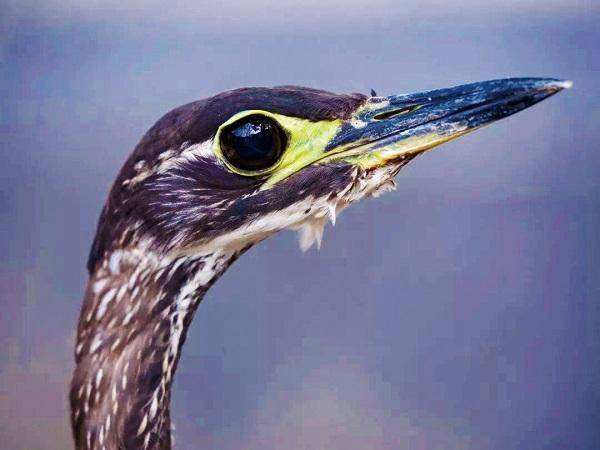
Gorsachius magnificus
Gorsachius magnificus,White-eared Night-heron,Hainan night bittern, Hainan tiger bittern, white-eared night heron
Hainan bittern is called White-eared Night-heron in foreign language. It is ···
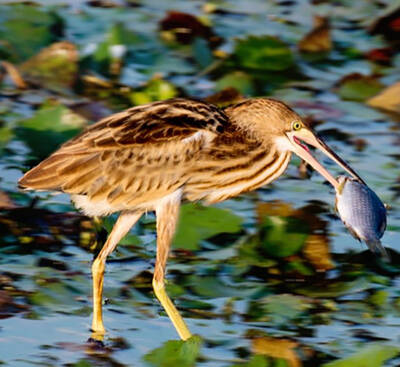
Ixobrychus minutus
Ixobrychus minutus,Little Bittern
Little Bittern, also known as Little Bittern in English, is a small wading b···
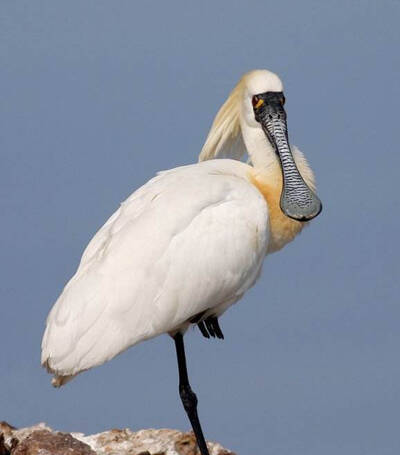
Platalea minor
Platalea minor,Black-faced Spoonbill,Black-faced Spoonbill, Spoonbill, Spoon-billed Spoonbill, Spoon-billed Spoonbill, Little Spoonbill, Spoon-billed Goose
Black-faced Spoonbill is a medium-sized wading bird with no subspecies.The B···
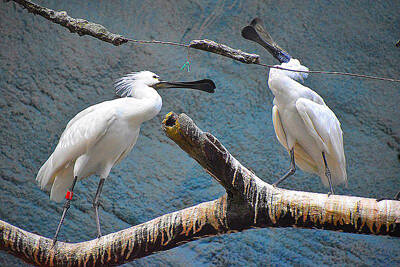
Platalea leucorodia
Platalea leucorodia,Eurasian Spoonbill,Spoonbilled Heron, Spoonbilled Heron
The Eurasian Spoonbill is a large wading bird with three subspecies.The popu···
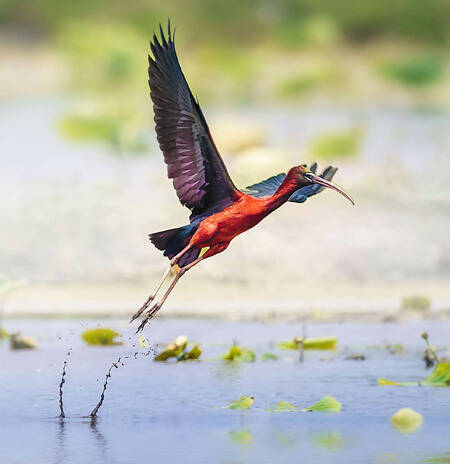
Plegadis falcinellus
Plegadis falcinellus,Glossy Ibis
The Glossy Ibis, also known as the Glossy Ibis in English, is a dark chestnu···
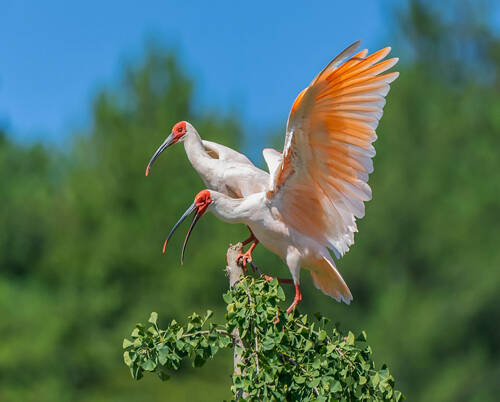
Nipponia nippon
Nipponia nippon,JapaneseCrestedIbis ,Crested IbisAsian Crested Ibis, Japanese Crested Ibis,,Ibis sinensis(synonym)、Ibis nippon(synonym),Crested Ibis、Asian Crested Ibis、Japanese Crested Ibis
The foreign names of Crested Ibis, Asian Crested Ibis, Japanese Crested Ibis···
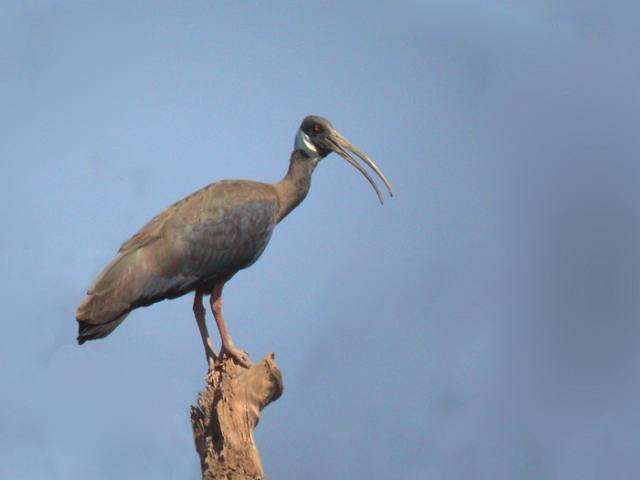
Pseudibis davisoni
Pseudibis davisoni,White-shouldered Ibis,Oriental Black Ibis
White-shouldered Ibis is called White-shouldered Ibis in foreign language. T···
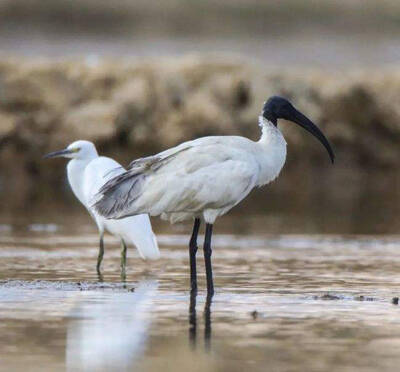
Threskiornis melanocephalus
Threskiornis melanocephalus,Black-headed Ibis,White Ibis
Black-headed Ibis is a large wading bird.Black-headed Ibis usually moves in ···
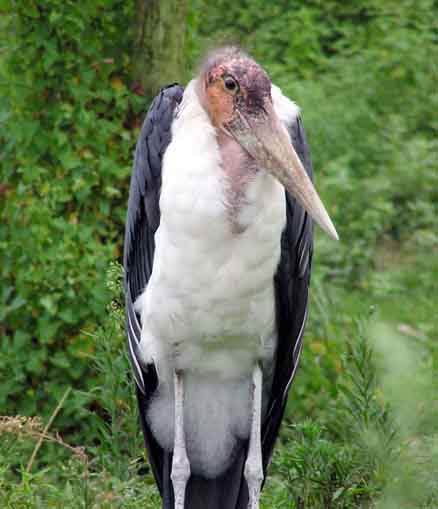
Lesser Adjutant
Leptoptilos javanicus
Lesser Adjutant, also known as Lesser Adjutant in English, is a large and bu···
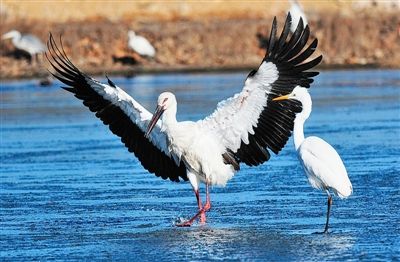
White Stork
Ciconia ciconia,red-billed white, European white stork, western white stork
White Stork is a large wading bird, which is the common name for European wh···
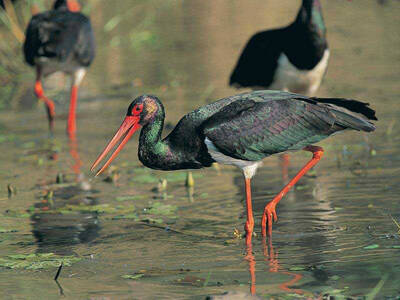
Ciconia nigra
Black stork, black stork, pot stork
Black Stork is a large wading bird with no subspecies.The black stork is a m···
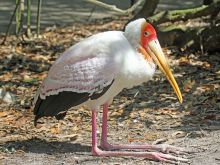
Painted stork
Mycteria leucocephala
Painted Stork is also known as White-headed Stork in English. There is no su···
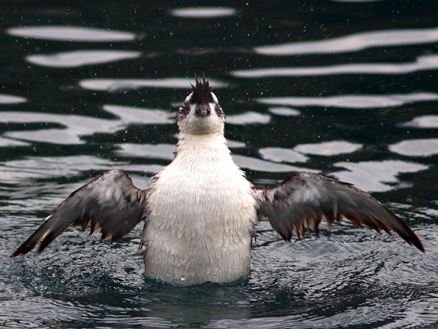
Synthliboramphus wumizusume
Synthliboramphus wumizusume,Japanese Murrelet, Crested Murrelet,Mérgulo japonés,Crested auklet
The Japanese Murrelet is a small seabird with characteristics typical of sma···
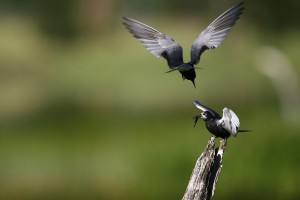
Chlidonias niger
Chlidonias niger
The Black Tern has two subspecies. The call is a short, nasal scream called ···
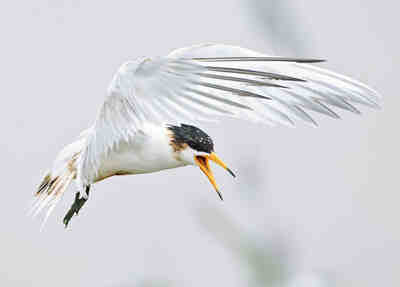
Thalasseus bernsteini
Thalasseus bernsteini,Chinese Crested Tern,Sterna bernsteini,Crested tern with black bill
The Chinese Crested Tern is a medium-sized waterbird with no subspecies.The ···
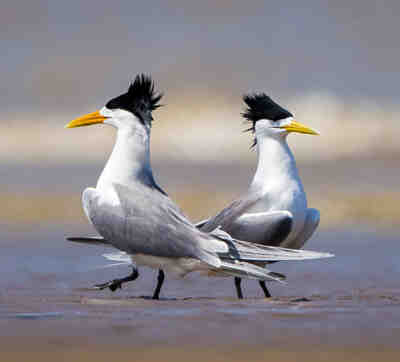
Sterna bergiii
Thalasseus bergii,Great Crested Tern
The Great Crested Tern has six subspecies.Large crested terns are resident b···
